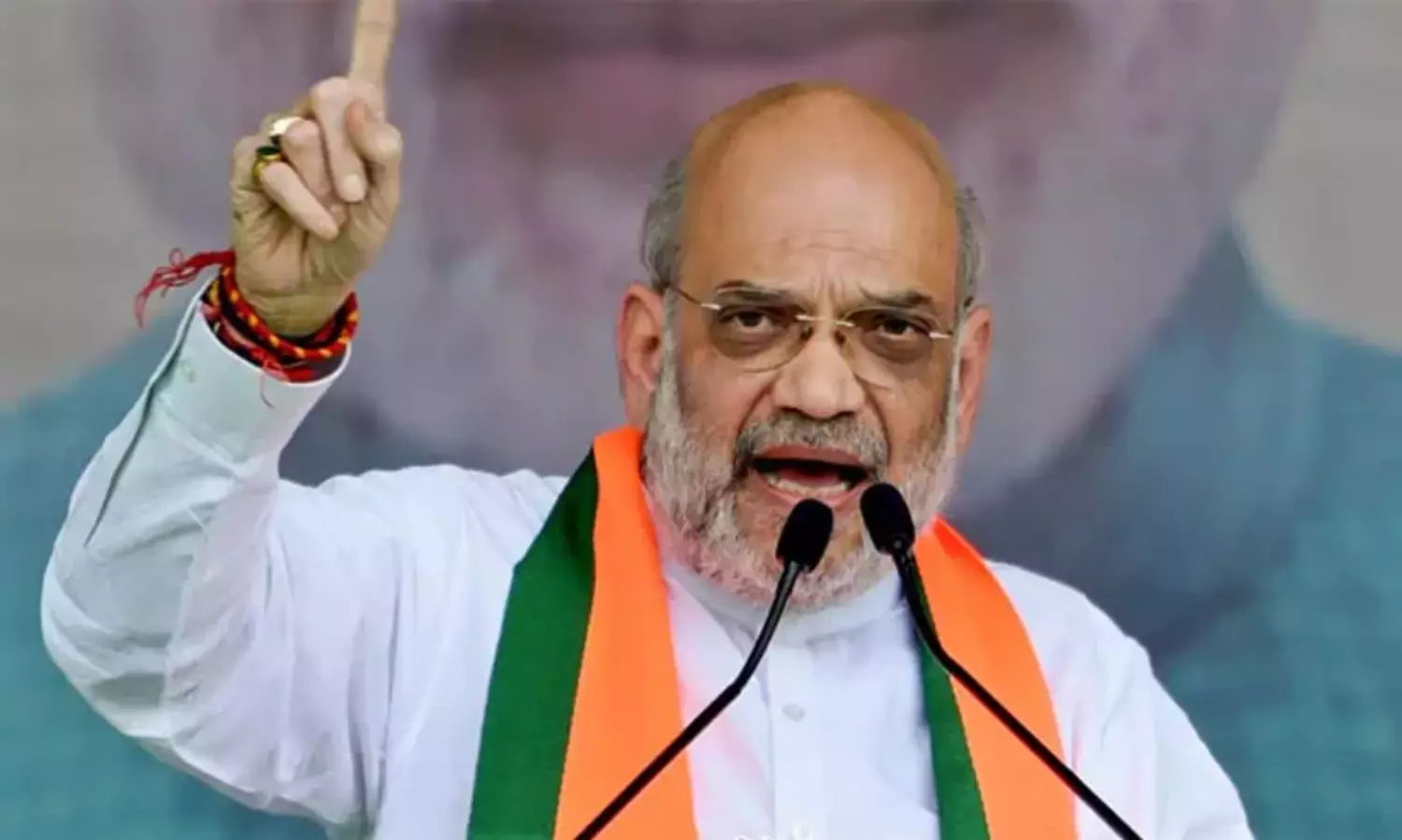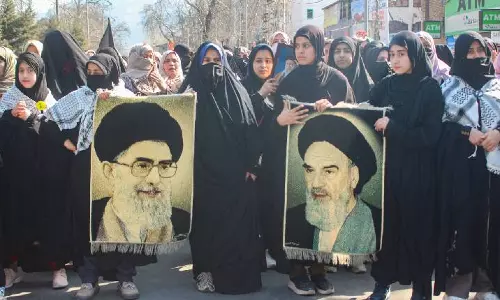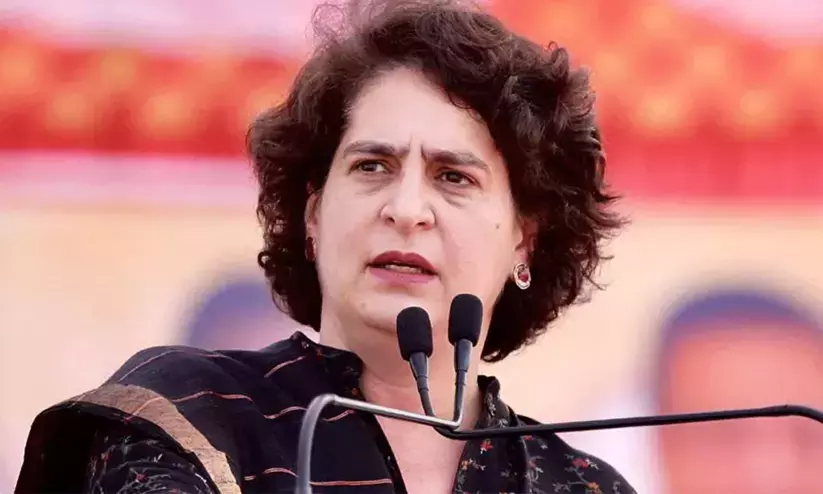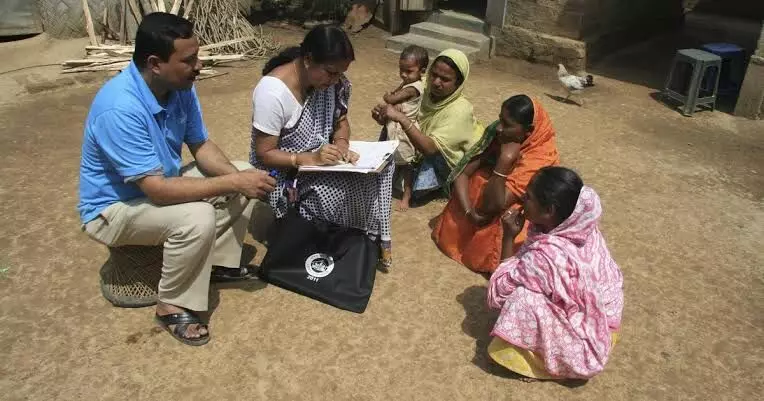
Census first phase, NPR, postponed to September
text_fieldsThe first phase of India's population census and data collection for the National Poulation Registrar (NPR) have been postponed until September according to official sources, a report published by The Hindu said.
The Registrar General of India (RGI) had in December informed the States that freezing of boundaries of districts, sub-districts, tehsils, talukas, police stations etc. has been postponed till June 2022, said a senior official on Sunday. As the census cannot take place until three months after freezing, activities will most likely begin in September, the report said.
In December 2021, the Minister of State for Home Affairs had informed the Parliament that all activities related to the Census had been postponed indefinitely due to the coronavirus pandemic. The 2020 Census was to have been the first digitally collected census in India, with the government having prepared specialised.mobile applications for collecting details.
The first phase of Census 2021 — the House listing and Housing Census along with updating the NPR — was scheduled to be held from April-September, 2020 but was postponed indefinitely due to the COVID-19 pandemic. The second and main phase of the decennial exercise — the population enumeration — was to be concluded by March 5, 2021.
Critics have opposed the updation of the NPR as it is the first step in collecting data for the National Register of Indian Citizens (NRC) according to the Citizenship Rules, 2003. The amendment to the Citizenship Act (CAA) has caused worry that minority citizens may be excluded or discriminated against, leading to massive protests in India. Though the Act provides for giving cirtizenship to migrants from neighbouring countries, and this could be used by those who do not figure in the NPR or NRC, this provision excludes Muslims. Thus if Muslims do not appear in NRC/NPR, they will have no recourse to claim citizenship again through provisions of CAA, as people from other religions do.
The goal of the NPR is to provide a comprehensive identity database of individuals residing in the country. It is generated by house-to-house enumeration during the census' phase of "house-listing," which is held once in 10 years. The NPR was first compiled in 2010 and updated in 2015 and it already has a database of 119 crore residents. It was to be updated along with the first phase of census.
In January 2020 a spate of attacks was reported on NGO workers in Birbham, Bengal, where they were accosted by angry residents in suspicion of collecting NPR data. The fear of losing citizenship has grown in poor and marginalised communities where many do not have official documents.























